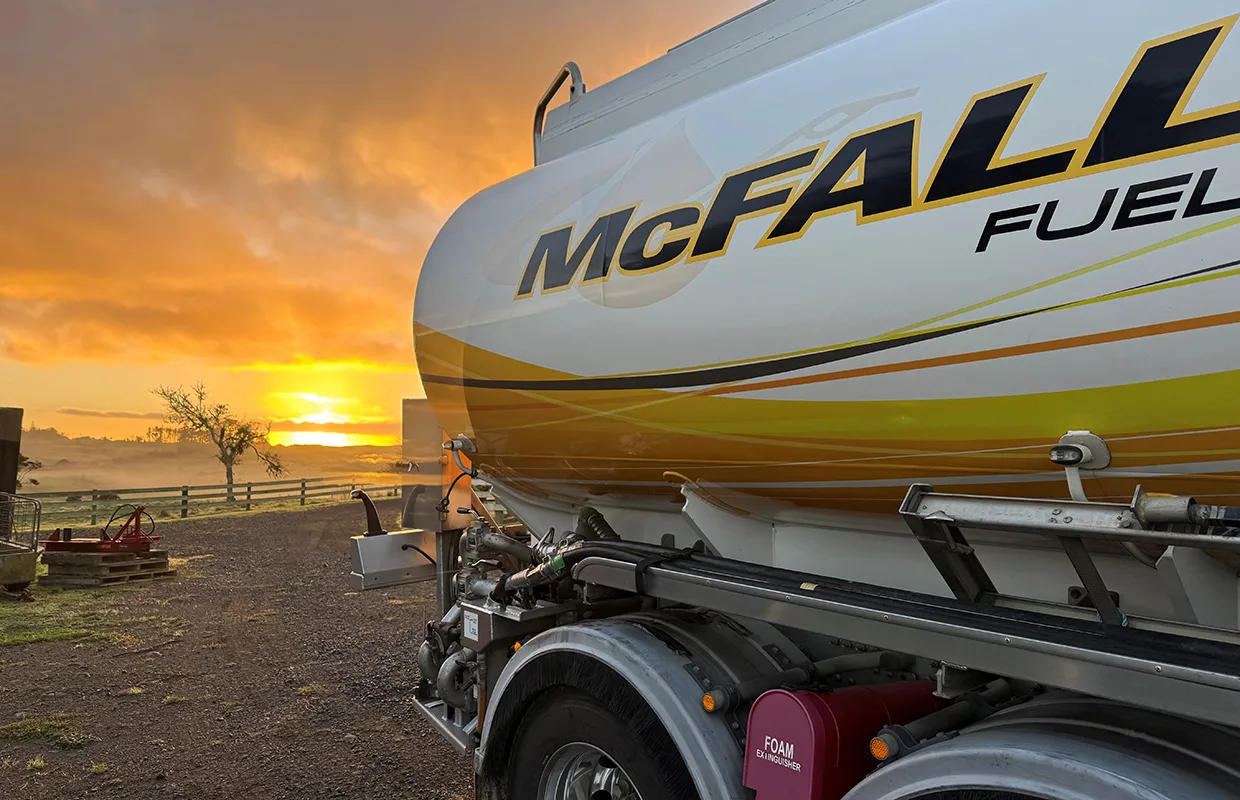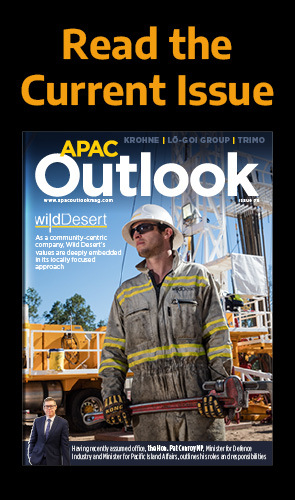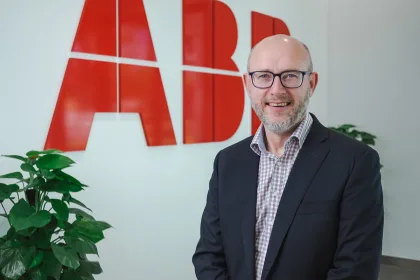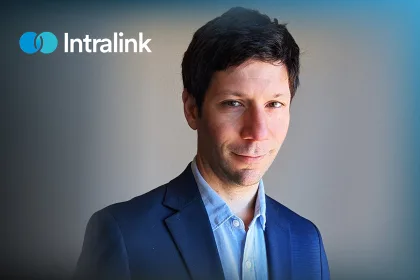Richard Small, Chief Operating Officer, talks us through the transformation of McFall Fuel into a broader energy partner.
MULTIDIMENSIONAL TRANSFORMATION
“The past year has been one of the most significant in our history. Our goal has been to evolve from being seen as just a fuel supplier to being recognised as a broader energy partner.”
The transformation of McFall Fuel (McFall), one of the leading fuel distribution companies in New Zealand (NZ) with operations stretching across the North Island, comes against the backdrop of rapidly shifting expectations in the fuelling industry.
Whilst there is ongoing traditional demand from farming, forestry, marine, aviation, and commercial operators – sectors that are the backbone of the economy and depend on reliability of supply to thrive – there is more focus than ever on sustainability, efficiency, and the future of energy.
Businesses are therefore looking at alternative fuels, biofuels, electrification, and smarter delivery systems.
“The industry is under pressure to deliver for the needs of today and evolve to meet the energy needs of tomorrow,” continues Richard Small, Chief Operating Officer at McFall.
“That’s what makes it so exciting. We’re no longer just in the business of supply – we’re in the business of resilience and transition. Our role is to help shape how energy needs are managed, ensuring both rural and urban communities remain connected and supported as the sector evolves.”
Community connection has been central to the McFall story from the very beginning and will continue to shape its future.
The company remains steeped in family values, having started out as a family-owned operation built around meeting the needs of its community.
“That legacy of care, quality, and high standards continues to shape who we are today. Over the years, we’ve grown and adapted with our customers, which reflects our agility and ability to meet ever-changing needs,” Small elaborates.
“From supporting local initiatives to ensuring reliable supply to remote regions, McFall plays a critical role in keeping NZ moving.”
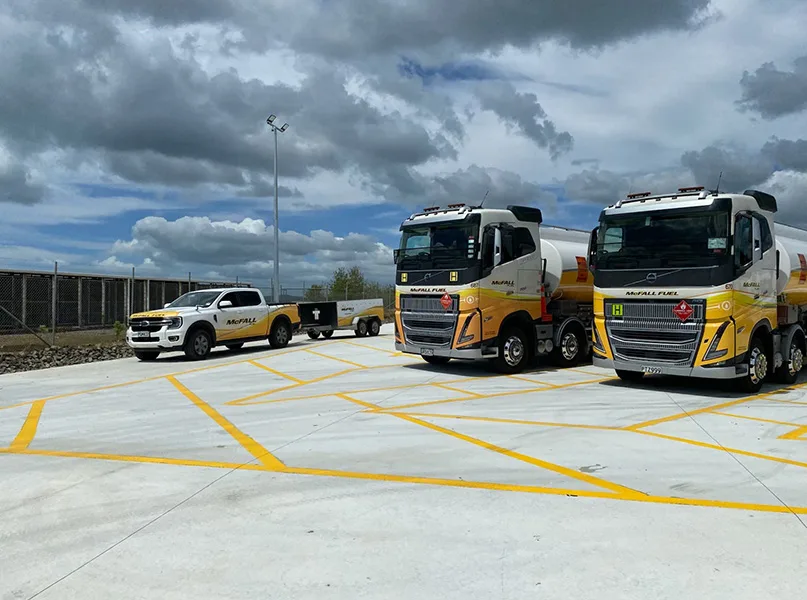
TRANSFORMATION DIMENSIONS
McFall’s transformation has several dimensions, including the strengthening of its executive leadership team to ensure the company has the capability to lead through change and growth.
The executive team has been expanded with a mix of deep sector expertise and fresh perspectives, a deliberate blend designed to balance operational excellence with innovation and adaptability.
“Our leadership team brings experience from multiple sectors, and together we’re focused on aligning people strategy, operational strength, and long-term opportunities,” outlines Small.
“The aim is to enable McFall to deliver against our strategic goals, meet customer needs more effectively, and stand out in what is a very competitive environment. At the heart of that is our commitment to safety, care, and customer focus – those values guide us every day.”
Alongside its executive team expansion, the company’s transformation has involved significant investment in technology and digital solutions to enhance both the customer and employee experience.
This includes a robust customer relationship management (CRM) platform, new website, and improved internal communication systems such as intranet, which provides a central repository of crucial information.
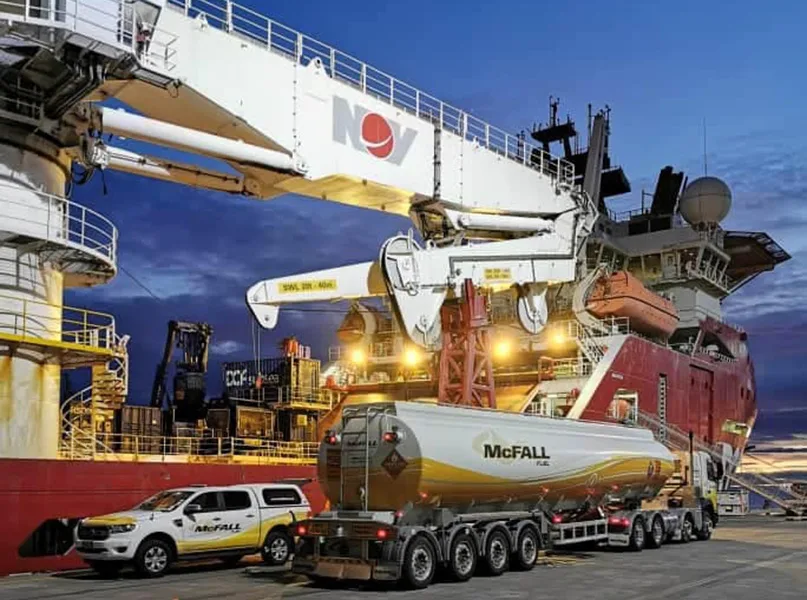
“The transformation is about preparing for the future. We want to be more agile, at the forefront of NZ’s fuel and energy infrastructure development, ready to introduce new and alternative fuels, and positioned to deliver long-term sustainability,” Small sets out.
“It’s about setting McFall up to meet the future energy needs of NZ businesses.”
As well as investing in digital tools, the company has built a modern, high-spec fleet of trucks, tankers, and vehicles to deliver bulk fuel, lubricants, and oils.
The fleet is designed to meet the demands of both urban sites and remote locations, as well as the needs of its diverse client base, which ranges from large-scale forestry and transport operators to marine and aviation businesses as well as small family farms and contractors.
“This not only strengthens our service today but also ensures we’re ready for tomorrow’s demands,” Small tells us.

“By the end of 2026, our ambition is to be recognised not just as a leading fuel supplier, but as a trusted energy partner across NZ”
Richard Small, Chief Operating Officer, McFall Fuel
CORNERSTONE PARTNERSHIPS
Alongside the fleet, McFall has established four regional hubs – Central, North, South, and East – across NZ to create a strong alignment between its operational leadership, route planning, and drivers.
The result is a more responsive and reliable service, underpinned by very strong local knowledge, scaling the company’s capabilities whilst staying close to customers.
Another focus is reimagining how McFall delivers its lubricant services, with the company looking at operating models that will enable it to be more efficient and cost-effective whilst still delivering high-quality products and support.
McFall is also exploring joint ventures, partnering with other businesses to combine strengths and provide better solutions.
“A good example is our upcoming work in the Ohakune area and our partnership with Fuel Storage,” Small highlights.
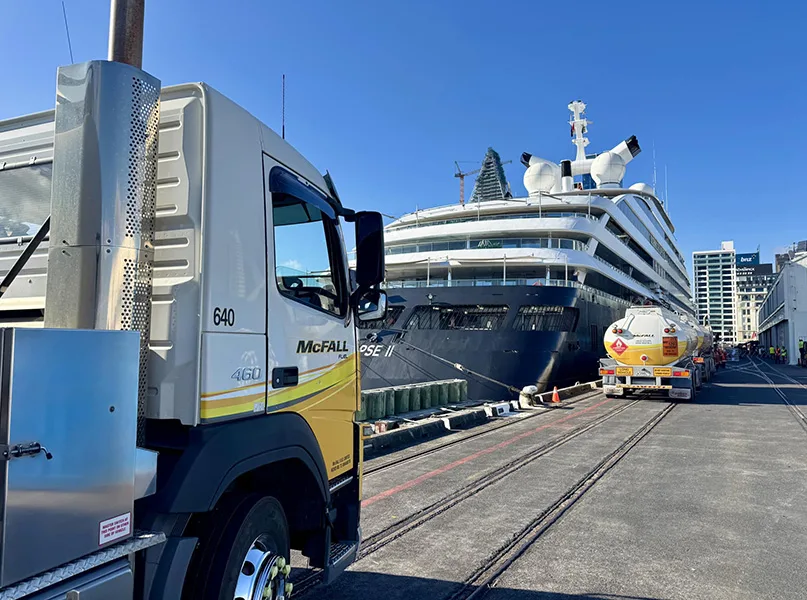
Its partnership with BP, meanwhile, is a cornerstone of McFall’s business as it enables customers to be supplied with high-quality fuel backed by a globally trusted brand.
BP is also a shareholder, which underlines the strength of the collaboration.
“We work closely with BP across the retail, marine, and aviation sectors. For customers, it means certainty of supply and the confidence that they are supported by both global expertise and local service,” Small informs.
McFall is also proud to partner with Fuchs, a global leader in high-quality oils and lubricants, whose products complement the company’s fuel offering and allow it to provide customers with a full-service solution – from fuel to lubricants and consumables.
“It’s a partnership built on innovation and reliability, which are values that align closely with our own. For our customers, it means they can trust McFall to provide everything they need to keep machinery, vehicles, and equipment running at their best,” he states.

WORKPLACE WELL-BEING
McFall’s transformation has also made workplace well-being a real priority for its 160+ employees by introducing flexible working options where possible, investing in well-being programmes, and implementing a leadership approach that ensures people feel valued and supported.
The company’s view is that safety is not just physical – it includes mental and emotional well-being, too.
“We also provide internal training programmes and are committed to maintaining a safe and supportive workplace,” assures Small.
“We want our people to be able to succeed in their careers without sacrificing life outside of work – that balance is key to our culture and the strength of our business. We’re investing in them so they’re not only equipped for today but also ready for the skills and demands of the future.”
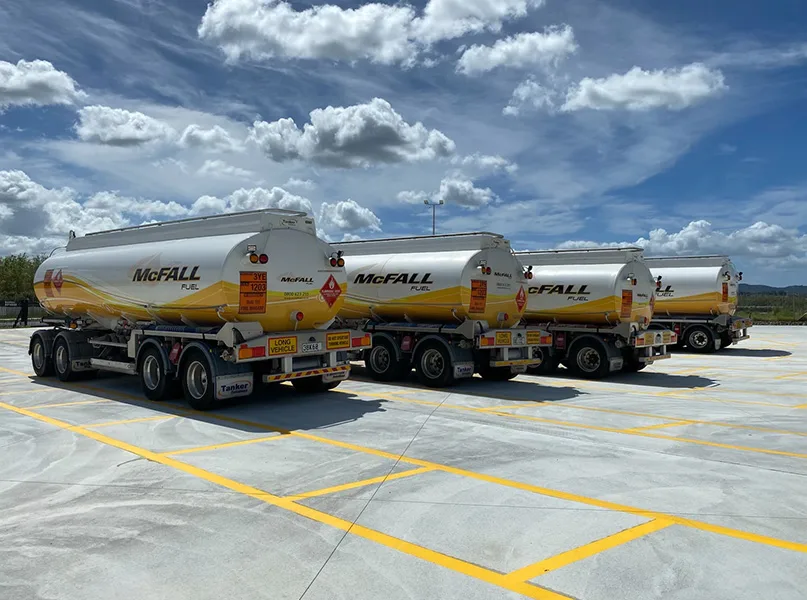
As well as building a workplace culture that its employees are proud of, the company’s priorities are to strengthen customer relationships and continue to invest in infrastructure to support resilience and growth.
Despite navigating an economically challenging environment, McFall sees this as an opportunity to strengthen its systems, focus on efficiency, and set itself up for long-term success.
“We’re also working closely with our partners – both suppliers and customers – to find new ways of meeting evolving needs,” Small closes.
“By the end of 2026, our ambition is to be recognised not just as a leading fuel supplier, but as a trusted energy partner across NZ.”



